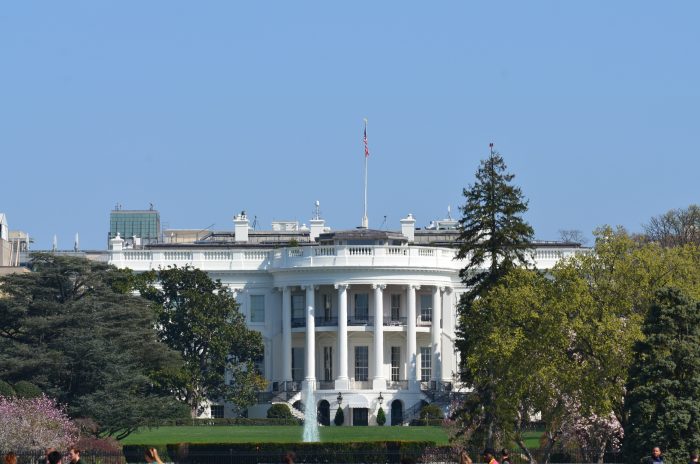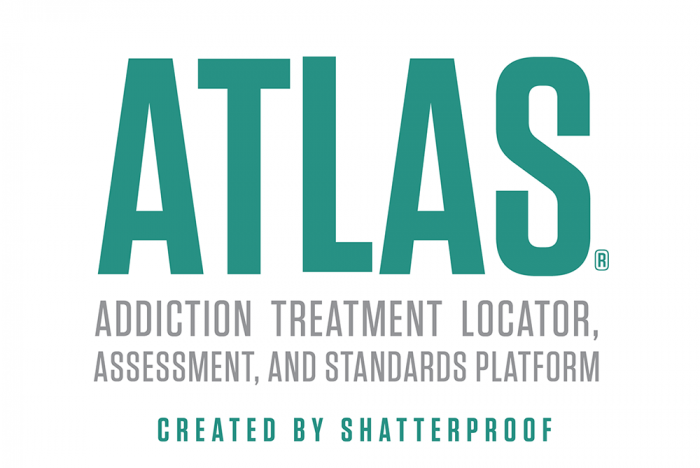Last March, the Departments of Drug and Alcohol Programs (DDAP) and Community & Economic Development (DCED) announced the availability of more than $1 million in grant funding for recovery houses to provide safe housing for individuals in recovery from a substance use disorder (SUD). The grants, funded through the $1.2 million awarded to Pennsylvania through the SUPPORT Act from the U.S. Department of Housing and Urban Development (HUD), are designed to assist existing recovery house facilities with physical upgrades to comply with all federal, state, and local laws and ordinances, including the Americans With Disabilities Act of 1990, which is needed to receive a recovery house license through DDAP.
The federal government requires DCED to annually report on the performance of the state’s Recovery Housing Program. The annual report can be found on the DDAP website.
Comments on the Recovery Housing Program Annual Performance Report may be emailed to David Grey, Chief of Compliance, Center for Community and Housing Development. Comments will also be accepted by telephone by calling 717-787-5327 or through written comments submitted to:
David Grey
Center for Community and Housing Development, Department of Community and Economic Development
400 North Street, 4th Floor, Commonwealth Keystone Building
Harrisburg, PA 17120-0225
All comments must be received by 12:00 pm October 30, 2022.
For more information about this comment period, email David Grey or call 717-787-5327. For more information on this funding opportunity and to apply visit Funding Opportunities.
















